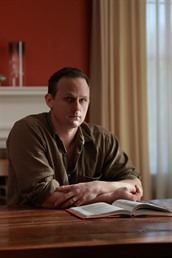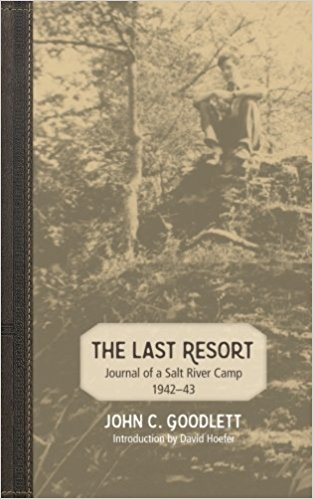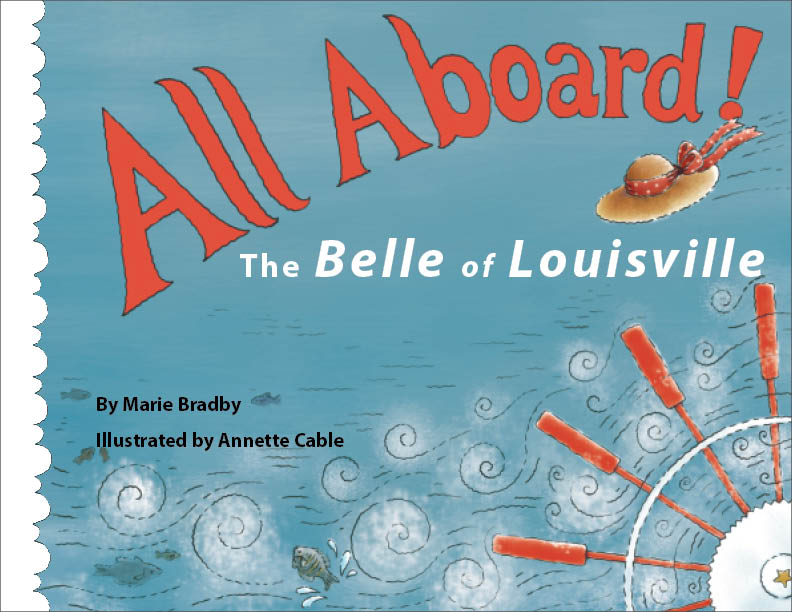PULPHEAD AUTHOR PROVIDES “REASON ENOUGH TO READ HIM.”
| John Jeremiah Sullivan. Photo © Harry Taylor Photography |
PULPHEAD: Essays
by John Jeremiah Sullivan
Farrar, Straus and Giroux, Paperback, $16
Review by Katherine Dalton
Entire contents copyright © 2012 by Katherine Dalton. All rights reserved.
There are characters out there we love to hate, and in hating them we feel all the painful satisfaction of scratching a chigger bite. That kind of armchair-invective is an easy emotion. More psychologically disruptive are the people we hate to love, and for me, John Jeremiah Sullivan is one of those.
Mr. Sullivan can both report and write, and he can sometimes breach the printed divide lying between him and us in a way that will make the essay, all over again, the literary form I love best. But what a son of a gun he is.
There are no bad pieces here, and some of them are terrific, including the opening essay “Upon This Rock,” about Mr. Sullivan’s adventure driving a 29-foot RV to a Christian music festival in the Ozarks. There he makes the friendly acquaintance of some hardscrabble Christians who take his number even as he takes theirs.
He makes fun of these men, a bit, and takes several swipes at Christianity in general and Evangelical Christianity in particular. But he is honest enough to do three things you won’t normally find a regular contributor to Gentleman’s Quarterly doing: he writes about his own teenage Evangelical phase, admits that he has doubts about his doubts, and pays his debt to the men whose lives he has publicized by quoting the one statement born-again Darius asked him to include: “You can say we’re crazy, but say that we love God.”
The piece ends with one of the most beautiful lines I can remember reading on glossy paper—a line that is, characteristically, both reverent and irreverent. Mr. Sullivan has embraced the postmodern zeitgeist. But he has made it his own. And that is why, though I prefer pieces like the one on cave art in Tennessee, I will read him even when he writes about Axl Rose.
Writers, if they really have something to say, must be willing as well as able to say exactly what they mean. And that is both technically and emotionally difficult. Honesty is always rare enough to be valuable, and I value it in Mr. Sullivan – despite the smart-aleck asides here and there, or the purposefully casual use of the f-word. There is also a certain cultural blindness in him – a generational thing, perhaps — evident in, for example, “Mr. Lytle: An Essay.” This is a long, beautiful, evocative appreciation of the Southern Agrarian writer Andrew Lytle which deservedly won several awards but which will also be, for many years, the last damning nail in the coffin of Mr. Lytle’s personal reputation.
Perhaps Mr. Lytle deserved to be exposed in this way. But it is strange to read a piece so mixed with affection and destruction, and so painfully self-revealing of the author, too. The intimate charitableness the then-young Mr. Sullivan showed Mr. Lytle is not, perhaps, unusual; people have done stranger things out of affection, or obligation, or a desire to connect with a mythic past. But to a reader just old enough to remember what privacy was like, it is disconcerting to see a writer throw his away, even when such revelations help make his essay artistically remarkable.
Though born in Louisville, Mr. Sullivan had a Northerner for a father (former Courier-Journal sportswriter Mike Sullivan), grew up in Indiana, now lives in North Carolina and has never lived here. Still, you can call him a Kentucky writer – he’s wrestling with Kentucky all the time. His first book, Blood Horses, is in part a long love letter to the Bluegrass (punctuated by an occasional raspberry), and in Pulphead Kentucky shows up again and again, in asides about his mother’s relatives in Lexington, in the long article about 19th-century polymath Constantine Rafinesque. Some of Sullivan’s work is maddening. All of it is good. Reason enough to read him.
Katherine Dalton is a contributing editor to Chronicles Magazine and to frontporchrepublic.com. Her essay “Fidelity” was included in Wendell Berry: Life and Work (University Press of Kentucky). She lives in Louisville.





